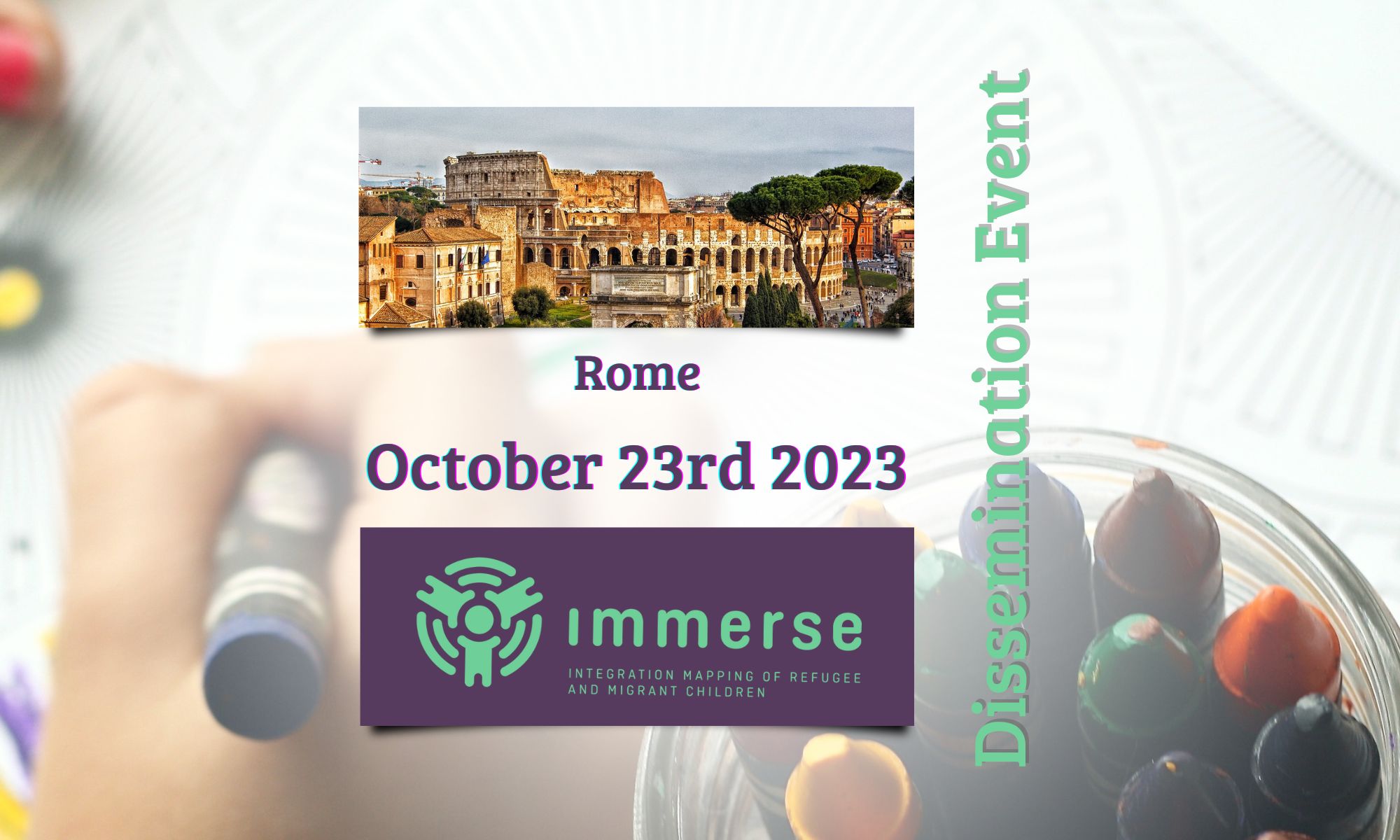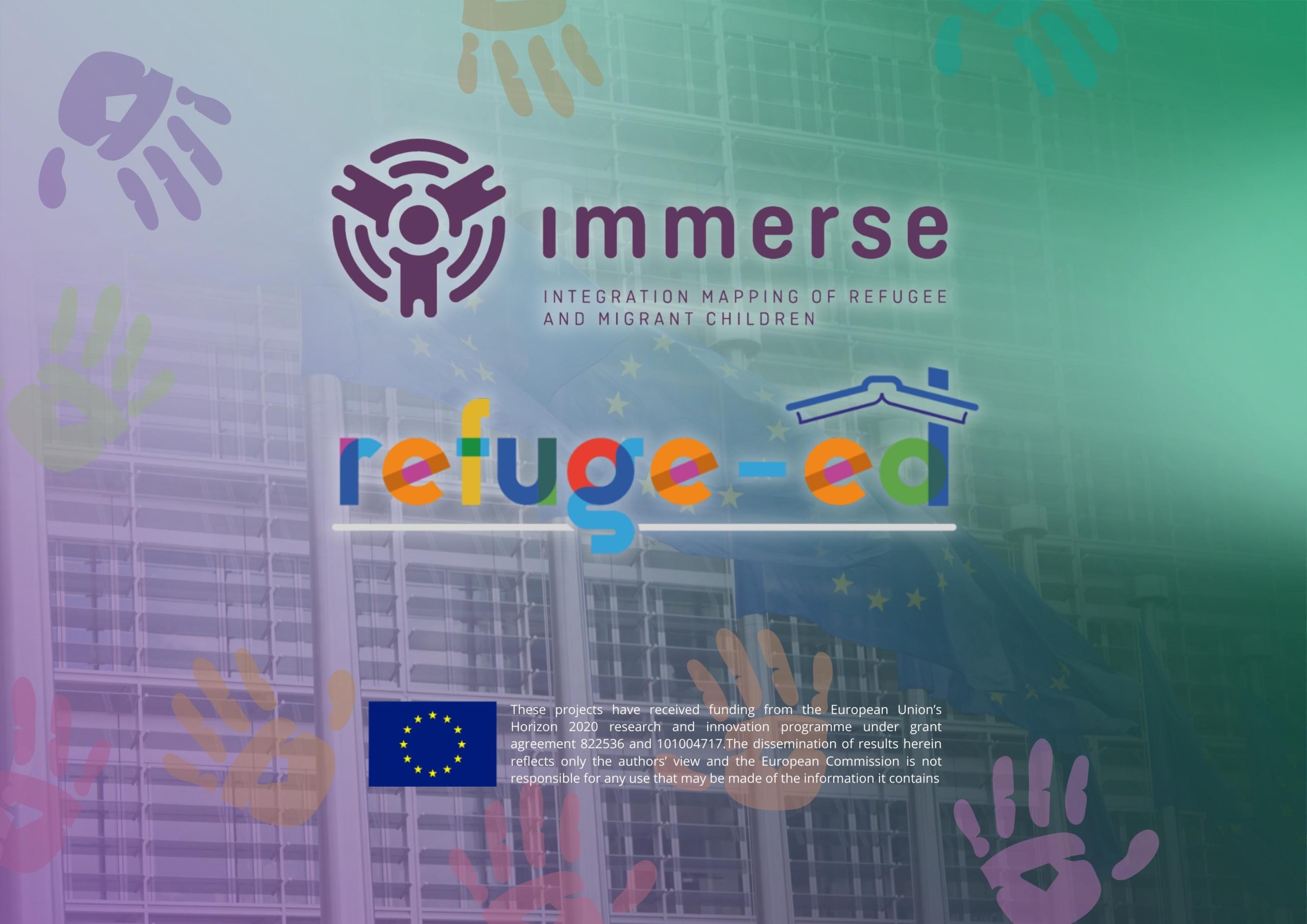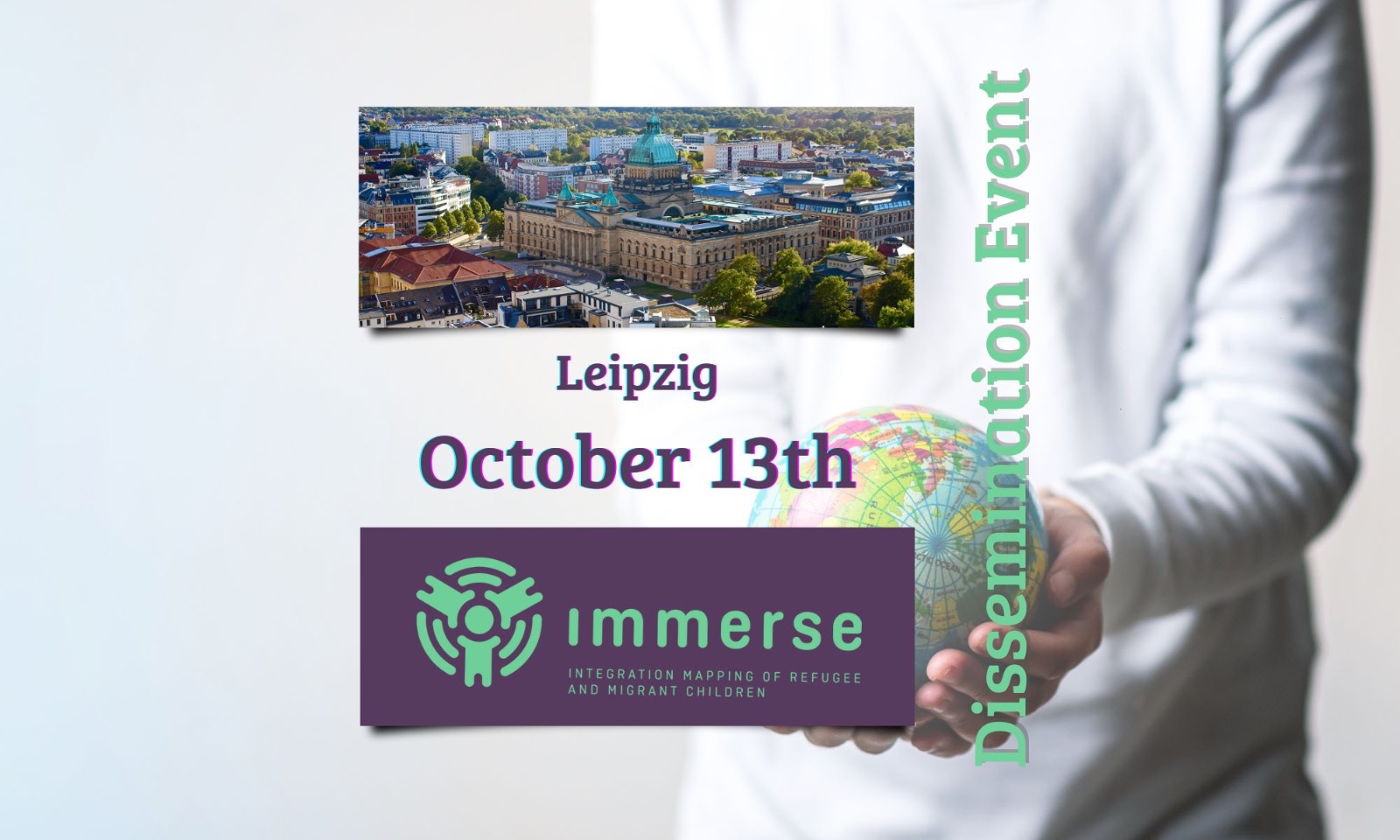Description
Waterford Integration Services (WIS) is an NGO providing since 2006 a range of support services to refugees, asylum seekers and migrants in the South-East region of Ireland. WIS’s Access and Equity Framework ensures that they are responsive to the needs of culturally and linguistically diverse communities, supporting them in participating as full members of society. Education Interventions include work with the Roma community, Asylum Seekers and Refugees. Among the initiatives there are: advocacy services, outreach and remote supports, education training and employment, youth programmes. WIS especially advocates for the engagement of women and girls in education and promotes a human rights-based approach to all programmes underpinning the principles of non-discrimination, equality and inclusion, consultation and partnership building. WIS works with agencies such as the Irish Human Rights and Equality Commission, Migrant Rights Centre of Ireland, International Organisation for Migration, European and Irish Networks Against Racism, Local Authorities, Government Departments, An Garda Síochána, Foreign Embassies and localised service providers to address the statutory obligations that Ireland has signed up to under the United Nations international human rights treaties. Projects are financed with governmental and Local Authority funds, SICAP, and IHREC.
- Access to compulsory education
- Access to health care
- Children complete compulsory education
- Children maintain their cultural identity while adopting new cultural values and intercultural competences
- Children remain in (formal) education beyond compulsory levels / Access to (formal) non-compulsory education
- Children's academic skills
- Children's competence in host language
- Children's legal status
- Children's life satisfaction / happiness
- Children's sense of belonging
- Friends and peers (bridges)
- Friends and peers (support)
- Institutions
- Teachers
- Types & levels of (formal) non-compulsory education attended
Evaluation ex post
Work is ongoing so there is no specific evaluation as such but below is learning derived from the initiative:
- Second generation migrants will show the value/measure of success of supports provided to first generation families that have benefited.
- It is important that we have a clear education strategy/framework that facilitates inward migration.
- That we have adequately funded dedicated protection services to avoid discrimination, structural racism and exploitation in the education and employment sectors.
- That we work on matching skills to local labour market opportunities (Pharmaceutical, Technology and innovation sector is huge in Waterford).
- That we look at other socio-economic factors that prohibit diverse communities from pursuing employment opportunities, e.g. we work on CV preparation, printing copies etc. source suitable clothing for interviews and assist with travel costs to interviews where appropriate for the most vulnerable.
- It is important that we continue to engage in surveys, research and other structures and activities to keep the needs of migrants to the forefront including local national and EU Action Plans Against Racism to address barriers to participation.
- Our participants require longer programmes to overcome structural and cultural barriers, smaller groups work best, translation supports must be embedded in all opportunities and services.
- Empowering women and girls through education and social enterprise opportunity will be life changing for them and subsequent generations to come.
- Importance of STEM subjects for girls to have equal opportunity to engage in IT, AI and OTHER innovation sectors.
- It is also important to promote programmes that recognise non-formal, formal learning and prior learning.
- General courses on offer need more innovation and that requires a level of funding supports that we currently do not have access to. We will be approaching private and corporate entities to enter into dialogue that opens up apprenticeship and other opportunities in emerging sectors.
- Focus should be on ethno-cultural diversity in the workplace, inclusion, equality of access and empowerment. We offer training opportunities to engage frontline services in cultural understanding, this can be expanded to reach the corporate sector which will be tasked and challenged through National and European Anti-Racism Action Plans.
Projects’ deliverables
The project is ongoing and there are no specific reports as yet. However, the project’s input is included in the following Health Service Executive (HSE) social inclusion reports and referred to as the Integration and Support Unit (ISU) in these documents:
- Nolan. A, & Joy. A, Intercultural Healthcare Pilot Project Report 2014-2015, (2016) "A model of intercultural healthcare to address barriers and gaps preventing equitable access to health services and supports", HSE, Waterford.
- Towards, Care, Compassion, Trust and Learning (2016) "Evaluation of the Health Service Executive of Community Healthcare Organisation Area 5 Social Inlcusion's work with Roma communities in Waterford and Wexford, HSE, Waterford.
Reproducibility
Reproducibility will depend on local contexts. Dialogue with staff on how to build networks and involve inter-agency groups can guide projects. Initiatives are developed in response to identified challenges experienced by the different migrant communities and speak specifically to their needs.
Motivation for the submission
This submission is submitted because of its way of bringing multiple agencies together to address specific needs that are identified on migrant children and young people’s integrations. It contextualises their experiences within the challenges they face as part of their respective communities, while respecting those communities and working together to overcome barriers.
Additional comments
Achieving equality does not always mean that people are treated in the same way: ‘formal equality’ involves treating everyone the same; ‘substantive equality’ allows for beneficial treatment of disadvantaged groups so that they can, in the end, enjoy their human rights equally. WIS believes that it is necessary to take positive steps to recognise and respond effectively to barriers facing people based on their difference and co-create policies and frameworks that address those barriers at local, national, EU and international level. The establishment of Waterford Migrant Integration Forum in 2019 has provided a platform for open dialogue to better integrate and align the meaning and purpose of diverse migrant community’s engagement with Waterford Migrant Integration Strategy and Waterford Integration Services through the delivery of programmes and services that support social inclusion outcomes for minority and disadvantaged migrant communities. They are about reducing disadvantage; increasing social, civic and economic participation; and developing a greater voice, combined with greater responsibility.


